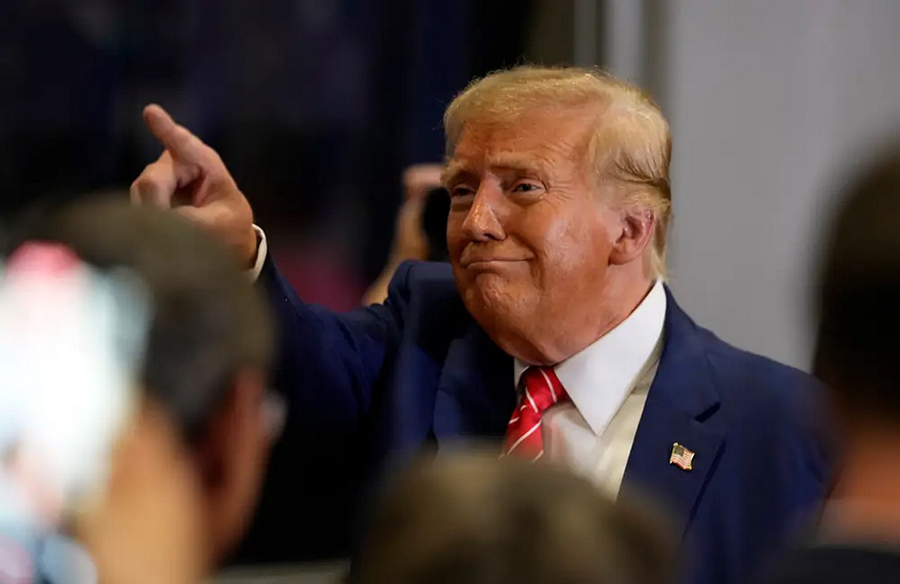Donald Trump’s recent reversal on the fate of TikTok has left many scratching their heads. From advocating for a ban during his presidency to now endorsing its presence in the US, Trump’s flip-flop has sparked speculation and debate. Here, we delve into three theories to explain this puzzling shift.
Financial Influences
One theory posits that Trump’s change of heart may be linked to financial interests. Trump’s recent meeting with billionaire investor Jeff Yass, who has investments in TikTok’s parent company, ByteDance, raises eyebrows. Additionally, Yass’s ties to the Republican Party, including support through the Club for Growth lobbying group, add complexity to the situation. While some argue this is a cynical interpretation driven by monetary gains, it’s essential to consider the potential influence of such connections.
Privacy and Security Concerns
Republican Senator Rand Paul offers a different perspective, suggesting that Trump’s initial stance against TikTok stemmed from concerns over Chinese app intrusion into Americans’ privacy. By threatening a ban, Trump aimed to pressure TikTok into addressing these issues. This theory suggests that Trump’s recent endorsement of TikTok could reflect confidence in the company’s efforts to enhance user privacy and security, as demonstrated through initiatives like Project Texas.
Indifference and Attention-Seeking
Another theory posits a more cynical view of Trump’s actions, suggesting that his previous stance on TikTok was driven by indifference rather than genuine concern. Trump’s erratic approach to TikTok, characterized by inconsistent statements and policy proposals, supports this theory. It’s argued that Trump may have exploited the TikTok issue for attention and publicity without genuine commitment to a specific course of action.
Biden’s TikTok Dilemma
While Trump’s TikTok saga unfolds, President Joe Biden faces his own challenges regarding the platform. Despite advocating for legislation targeting ByteDance’s US operations, Biden’s campaign actively engages with TikTok, leveraging its influence to amplify messaging. Biden’s recent foray into TikTok, including the opening of a personal account, underscores the complexities surrounding politicians’ approaches to the platform.
TikTok’s Anti-Ban Campaign
In response to potential bans, TikTok launched an anti-ban campaign, urging users to voice opposition to congressional measures. However, this initiative has faced criticism for overwhelming congressional offices and potentially influencing user behavior. TikTok’s bold response highlights its determination to resist bans and defend its presence in the US.
Conclusion
As Trump’s stance on TikTok continues to evolve, fueled by financial interests, privacy concerns, or attention-seeking motives, the platform remains a focal point of political and public debate. Meanwhile, Biden grapples with his own TikTok dilemma, reflecting the complex relationship between politicians and social media platforms. As TikTok’s fate hangs in the balance, its anti-ban campaign underscores the platform’s determination to resist regulatory pressures and maintain its foothold in the digital landscape.




Leave a Reply